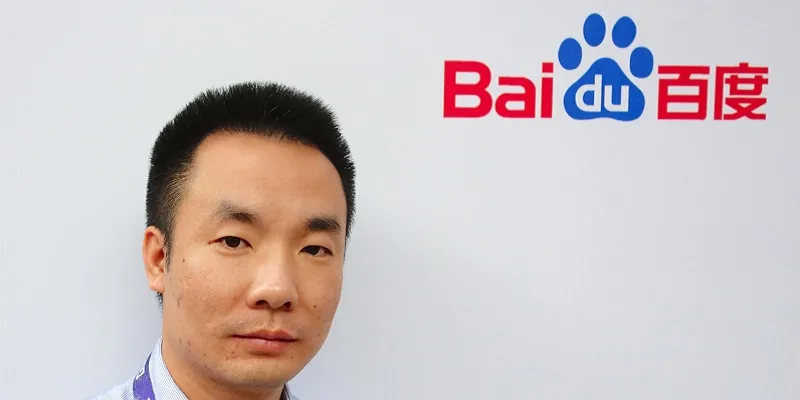How Baidu intends to give Google tough competition in India this coming year
Since late 2015, Chinese giants have been eyeing India for investments in Indian companies. But now, several companies like Apus, One Plus, and LeCo are looking at the country as a market where they can aggressively expand their operations. One such recent player is web services company Baidu.
Tim Yang, Country Head, India, looks at India as a market of plentiful opportunity. YourStory caught up with Yang when he was in Bengaluru for the GMIC conference, where he spoke at length of Baidu’s India plans.

A different market
He says, “I came to India in 2012, and the market was very different then. That time I didn’t even find a good handset, and companies clearly said that mobile was not their focus here. In 2013, the world changed. I joined Baidu last July to take care of the India market. We wanted to set our sights strongly on India, and it is not only us; all Chinese companies now believe that India has a strong mobile Internet market. If you just take the user base and population into account, you realise that the market has very high potential.”
India is a mobile-first country and that makes it a rather lucrative market. The Baidu team believes that India is where China was in 2003-04 in terms of Internet and smartphone penetration. Taking stock of the growing number of startups and entrepreneurs in the country, Baidu believes that it can look at providing a better ad platform than what is currently existing in the market.
Being better than Google
Yang explains,
“When you look at players like Google and Facebook, you realise that larger companies have the bandwidth and resources to work with them. But the smaller and medium-sized companies get the raw end of the deal, which is where Baidu wants to crack the market. We can provide them with better plans and deals.”
The company believes that its approach is different from that of Google’s as its focus is on localisation. The DU Ad Platform works as a turnkey solution. The monetisation and revenue stream is completely managed by Baidu, and companies don’t need to worry about the nitty-grittys.
“If you look at the top 20 mobile apps that are used in India, most are from China, and all of these are already partnered with Baidu. This already gives us deeper access into the market. We are also bringing in several local players into the fold. We know our solutions are better than Google's.”
Smartphone adoption and Internet penetration are growing rapidly and hand-in-hand. Over the next several years, millions of people will be buying smartphones and using those phones to go online for the first time ever.
Focussing on mobiles
That’s a very similar situation to how the Internet industry developed in China. The team is currently looking at entry points in the Indian market.
“Content is where we want to focus. We are looking at videos, music, and gaming kind of content, as we believe there is huge opportunity in that space currently,” Yang explains.
The number of smartphone users in India is close to 200 million and by 2020 this number will increase by 500 million. There also is a transition in how the mobile phone is put to use, with higher usage of utility and tool apps. Baidu will, therefore, focus on developing these apps, as it holds the Indian market as the perfect environment for making meaningful connections and forming long-lasting relationships with partners who are just starting to tap into the vast potential of this Internet landscape.
Leveraging technology
In the short term, Baidu plans to continue to grow its existing products—DU Battery Saver, DU Speed Booster, MoboMarket and ES File Explorer—in India, and also seek out more meaningful local partnerships. Presently, it is strongly focussing on getting more customers for its ad platform.
Baidu saw over 660 million mobile search monthly active users in September, a three-percent increase from last year. The GMV for transaction services touched $2.9 billion for the third quarter of the year, and their wallet saw a reach of 90 million in the same quarter. Baidu food-delivery service spread to close to 70 cities in China.
Earlier on, the company was more focussed on the user acquisition for the apps, which was able to give them close to 1.6 billion users across India, Indonesia, Thailand, Brazil, Egypt and a few other European countries.
“Baidu is essentially a technology company. We leverage the data from all of these apps, which in turn helps us understand user behaviour patterns, making it easier to customise our offerings. The idea is to help companies get the best advertisement for their audiences at the right price,” says Tim. Baidu is looking at e-commerce companies, content, and other product platforms.







